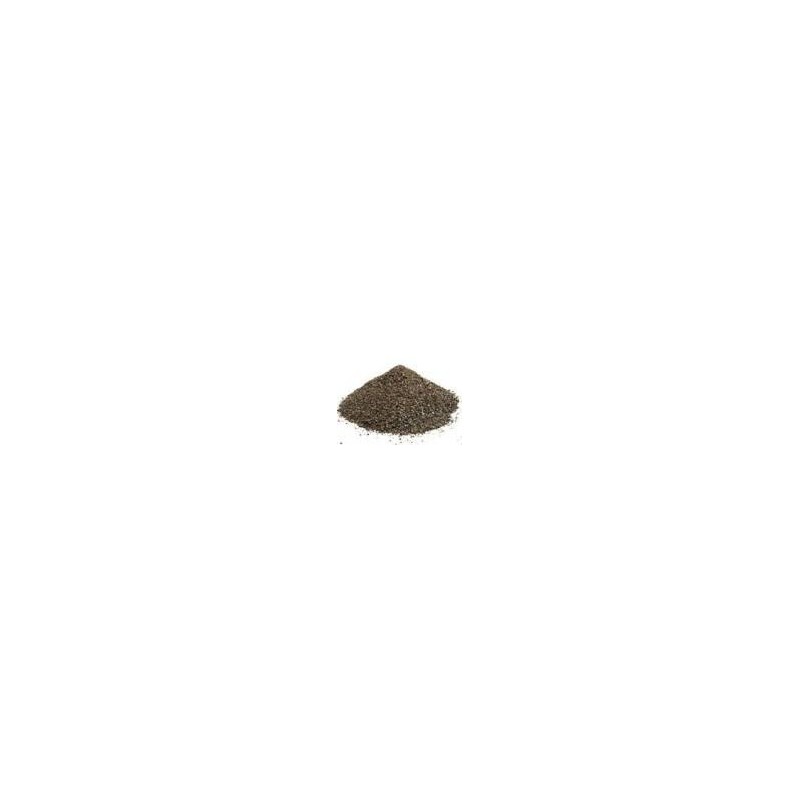



GRINDED VIETNAM BLACK PEPPER
Pepper or pepper tree – officially called black pepper (Piper Nigrum) – is a perennial climbing shrub of tropical countries. Its spherical bunch-shaped fruits are the well-known spice with a caustic and aromatic taste that is used today in every part of the earth, both for culinary and medicinal purposes. Black pepper is obtained from the semi-ripe dried fruits, while the white product is prepared from the ripe fruits. A native - originally - plant of India, pepper is still called the "king of spices" - for thousands of years, its grain was a means of commercial transactions with a higher and more stable value than even gold. In Ancient Greece pepper was part of offerings to the gods, while in the Middle Ages in many countries a man's wealth was valued in peppercorns. Who would have thought that a good dowry once consisted of peppercorns in hopes of a good marriage, as noble youths often married lower-class women for such possessions. Today pepper has – along with salt – its own place at the edge of every table and a pinch of pepper is added to almost every traditional and gourmet food recipe around the world.
Pepper owes its hot taste to piperine, a phenolic substance that gives this fruit many of its healing properties as a spice. This substance is believed to activate nerve impulses that increase hydrochloric acid secretions in the stomach, improving and speeding up digestion. In combination with its mild bactericidal effect, pepper was effectively used in the past as a digestive, aphrodisiac, astringent, to protect against the growth of intestinal bacteria, from disorders such as diarrhea, constipation, flatulence, colic while in combination with its analgesic effect was an effective means of relieving and treating toothaches and oral infections. Pepper has additional diaphoretic and diuretic properties, promoting - in combination with its antibacterial action - the detoxification of the body. It also exhibits antioxidant and antidiabetic properties, while the ability of pepper to prevent the proliferation of fat cells was recently discovered, a property potentially useful in the prevention of nutritional disorders such as obesity. In Ayurvedic medicine, pepper is traditionally given as an aid in respiratory and heart diseases, in disorders of the liver, urinary and reproductive systems, to relieve coughs and cold symptoms such as sore throats. In modern medicine, pepper is used as a means of withdrawal symptoms during abstinence from cigarettes, recovery and recovery after strokes and other neurological disorders such as epilepsy.
Externally, pepper has been traditionally used (in the form of a poultice) to treat hair loss, paralysis, arthritis, nyctalopia (white pepper mixed with honey).
Nutritionally, pepper is rich in vitamins C and A, lycopene and minerals such as calcium, magnesium, iron. In gastronomy, pepper has traditionally been used as a preservative, which is largely attributed to the bactericidal and bacteriostatic effect of both piperine and the other polyphenolic compounds contained in its grains.